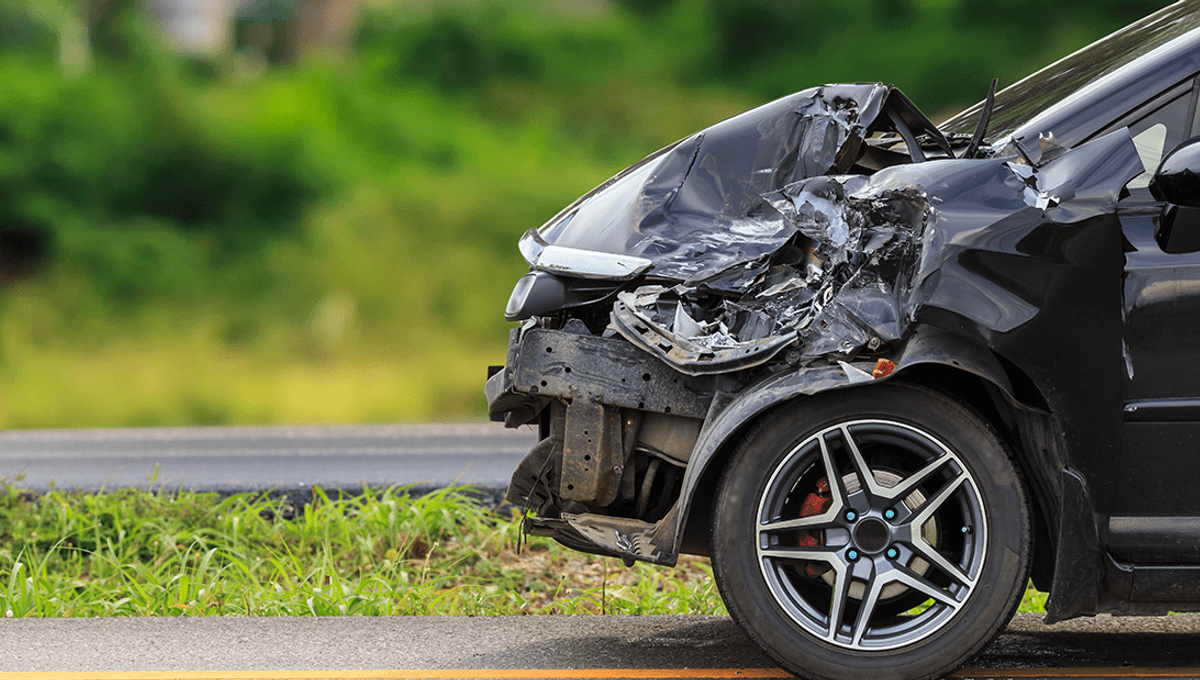
A large study has found an unexpected link between refusing the COVID-19 vaccine and getting into traffic accidents. The increased risk of getting into a traffic accident among the unvaccinated was on par with the risk faced by people with sleep apnea, according to the study’s authors.
The study, published in the American Journal of Medicine, looked at data from 11,270,763 individuals, 16 percent of whom were not vaccinated against COVID-19. The team then looked at data from emergency care settings in Ontario, Canada, where a traffic accident resulted in hospitalization, and controlled for a number of factors such as age and medical conditions.
It may seem odd to look for a correlation between vaccination status and involvement in a traffic accident, but the team note that previous studies have linked people’s psychology – such as aggressive personalities – with traffic accidents.
“Simple immune activation against a coronavirus, for example, has no direct effect on traffic behavior or the risk of a motor vehicle crash,” the team wrote in the study. “Instead, we theorized that individual adults who tend to resist public health recommendations might also neglect basic road safety guidelines.”
Sure enough, the data showed that unvaccinated people were at more risk of getting into traffic accidents than people who had received COVID-19 vaccines. Despite making up 16 percent of the people studied, the unvaccinated accounted for 25 percent of traffic accidents (that required hospitalization) in the coming months. After adjusting for factors such as home location, socioeconomic status, and other medical conditions, they found that the unvaccinated have an increased risk of getting into traffic accidents of 48 percent.
“The increased traffic risks among unvaccinated individuals extended to diverse subgroups [and] was similar to the relative risk associated with sleep apnea,” the team added. The risk was greater than those faced by diabetics, though lower than the risk faced by people who are intoxicated while driving.
The authors note that they cannot claim causality, as the study did not look at the causes of vaccination hesitancy or risky driving. However, they did suggest a few possible explanations for the correlation.
“One possibility relates to a distrust of government or belief in freedom that contributes to both vaccination preferences and increased traffic risks,” they wrote in the study. “A different explanation might be misconceptions of everyday risks, faith in natural protection, antipathy toward regulation, chronic poverty, exposure to misinformation, insufficient resources, or other personal beliefs.”
“Alternative factors could include political identity, negative past experiences, limited health literacy, or social networks that lead to misgivings around public health guidelines.”
The team also note that the study was limited in that they could only look at traffic accidents which resulted in hospitalization. Nevertheless, they concluded that “the findings suggest that unvaccinated adults need to be careful indoors with other people and outside with surrounding traffic.”
The study was published in the American Journal of Medicine.
Source Link: People Unvaccinated Against COVID Are 48 Percent More Likely To Get Into Traffic Accidents